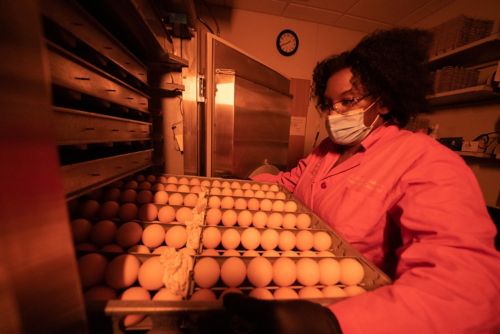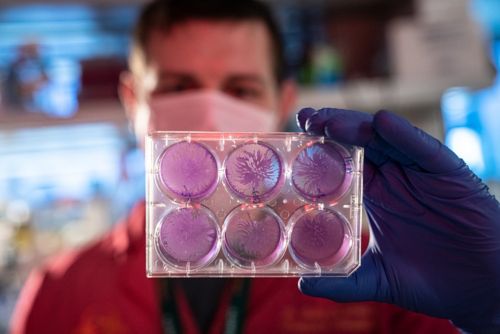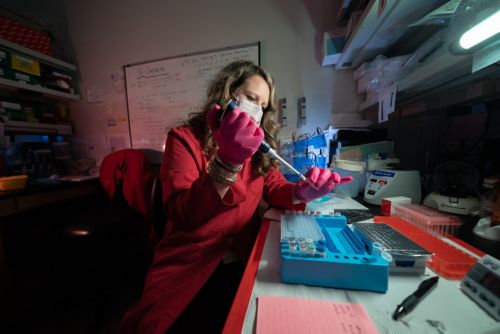St. Jude Family of Websites
Explore our cutting edge research, world-class patient care, career opportunities and more.
St. Jude Children's Research Hospital Home

- Fundraising
St. Jude Family of Websites
Explore our cutting edge research, world-class patient care, career opportunities and more.
St. Jude Children's Research Hospital Home

- Fundraising
Richard J. Webby Lab
Translating basic research into global public health-based informed decisions to prepare for and respond to emerging viruses
About the Webby Lab
Many influenza viral strains in animal populations pose a potential threat to humans. Our lab seeks to understand how the viruses jump from animals to humans and how we can use that to predict the next potential pandemic. The scope of our work ranges from international field research to viral pathogenesis and vaccine development. The laboratory’s designation as a World Health Organization Collaborating Center places us at the unique and critical interface between basic research and public health.

Our research summary
Our laboratory, which includes virologists and molecular biologists with diverse backgrounds and expertise, studies the emergence of influenza strains worldwide, the human-animal interface, and pandemic preparedness. Employing molecular virology and some viral immunology techniques as well, we grow (in culture and other models), characterize, and study the pathogensis and transmission of influenza viruses.
As an NIAID-designated Center of Excellence for Influenza Research and Response, we collaborate and partner with multidisciplinary domestic and international research groups to study influenza and explore ways to mitigate virus emergence and transmission.

Although we conduct basic field and laboratory research on the emergence of influenza strains, my laboratory also has a translational research impact on public health. One of the mandates within our lab’s designation as a World Health Organization Collaborating Centre for Influenza is to monitor the evolution of some of these potentially pandemic-causing virus strains and contribute to global preparedness efforts. Along with other members of the WHO’s Global Influenza Surveillance and Response Network, we evaluate the results of our field research and make recommendations to WHO on which influenza strains to include in our annual flu vaccines.
Because of our designation with WHO and NIAID, as well as robust collaborations with colleagues at St. Jude and organizations throughout the world, we have the unique ability to take the results of our basic research and translate them into informed decisions that have an impact on global public health.

Selected Publications
Contact us
Richard J. Webby, PhD
Member, St. Jude Faculty
Department of Host-Microbe Interactions
MS330, Room I6301
St. Jude Children’s Research Hospital
Follow Us

Memphis, TN, 38105-3678 USA GET DIRECTIONS